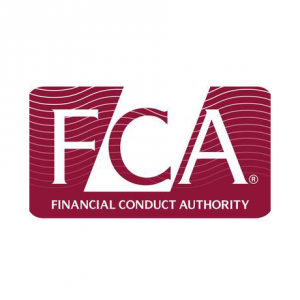
The UK Financial Conduct Authority has released a clarification letter to industry insiders about how copy trading should be treated under the purposes of MiFID and in what cases it should fall under the jurisdiction of the UK financial watchdog.
Copy trading, also known as “mirror trading,” is allowing clients of certain brokerages to mimic the trades of other traders available on the platform. With the growing popularity of the service the FCA has outlined what are the scenarios when copy trading should be treated as “portfolio management” and when not.
When Copy Trading Is Portfolio Management?
According to the FCA consultation letter, copy trading can fall under the MiFID definition of portfolio management when the copied trader is “managing portfolios in accordance with mandates given by clients on a discretionary client-by-client basis where such portfolios include one or more financial instruments.”
The regulator provides the ESMA definition of a service provider as one that sets up a website and gives its clients the opportunity to choose one or more third parties that provide trade signals.
With regards to the business conduct, if the client chooses a signal provider and authorizes the service provider to issue orders on his behalf as well as to transform each individual signal received into a buy or sell order to be executed either by the service provider or transmitted for Execution to another brokerage (without further intervention from the client), this activity is portfolio management.
An FCA portfolio management license is required for brokers offering such services, as the service provider exercises investment discretion by automatically executing the trade signals of third parties.
Regardless of whether or not a client is able to set certain trading parameters such as the amount of money invested and risked, the service does qualify as portfolio management.
When Copy Trading Isn’t Portfolio Management?
On the contrary, where no automatic order execution occurs because client action is required prior to each transaction being executed, the activity performed will not amount to portfolio management.
That said, depending on the interaction with the client, other investment services and activities may still be relevant and therefore might require FCA authorization, with the regulator citing “investment advice in the case of personal recommendations, and reception and transmission of orders.”
Since the trading decisions are taken by the receiver of the signal service, the signals constitute investment advice (or a general recommendation) only. The client has the final say on whether to enter into a trade or not and he has full responsibility to set the detailed parameters for each order or trade if he decides to indulge in the activity after receiving the recommendation.
Some Opinions from the Industry
Looking into the industry's opinions about the FCA guidance, Forex Magnates connected with a couple of FCA regulated brokers who have been involved in providing copy trading services.
The CEO of Darwinex, Juan Colon, shared with Forex Magnates reporters, “We agree with the FCA stance that copy trading can be considered investment advice. Further, we suspect that genuinely good traders will not publish their trades - this amounts to giving the intellectual property of their strategies away for less than fair value.”
TradeNext’s Head of Compliance & MLRO Patrick Lindsay stated to Forex Magnates, “The latest findings from the UK and European regulatory authorities clarify the watchdog’s view on this innovative trading solution. The regulator's investigation and assessment of the product type shows that they are keen on keeping up to date with practices that impact the market and investors.”


















